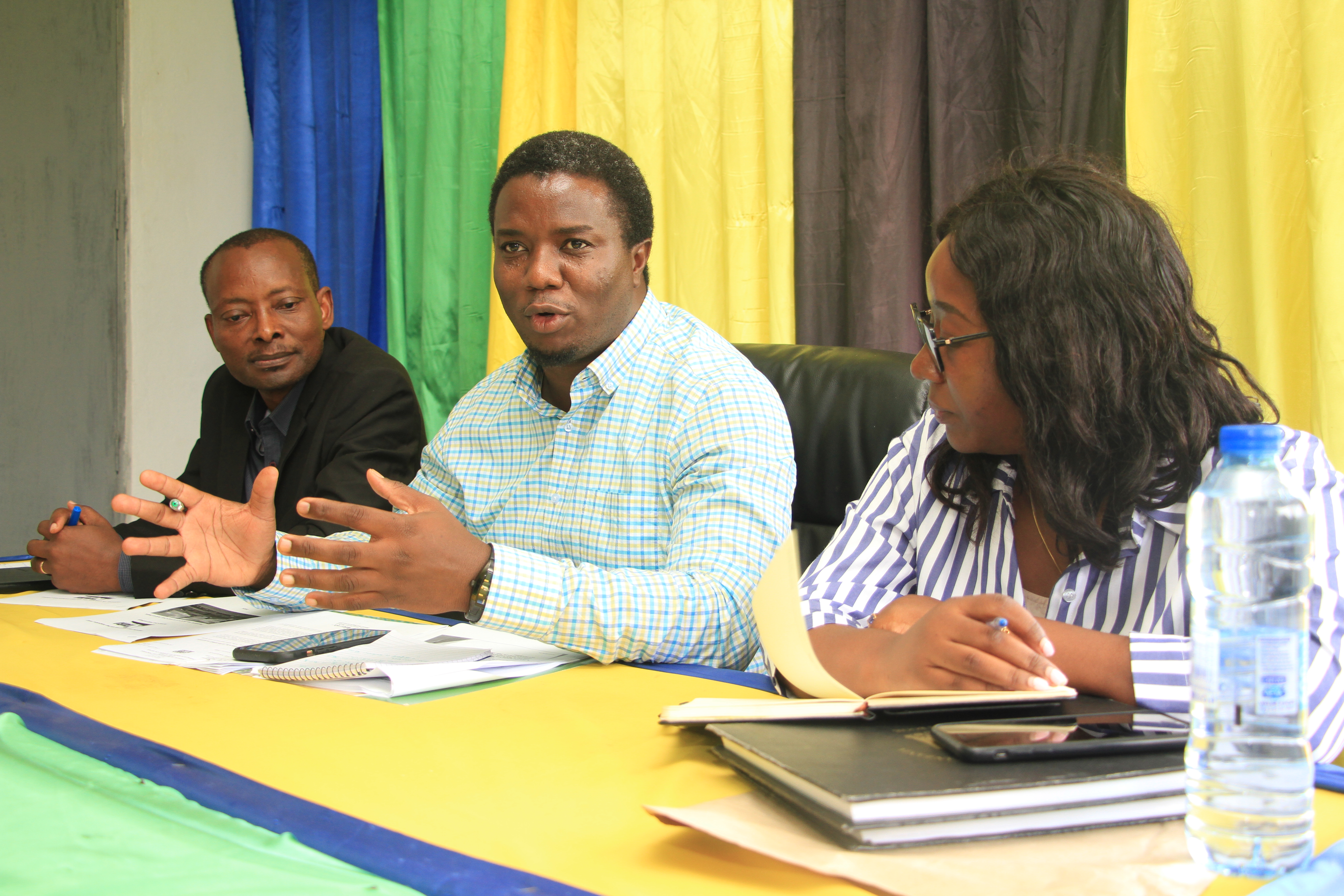TARI urged to speedup agriculture Research
- 26th February, 2024 14:37
- By TARI
- News

TARI has been urged to expedite agricultural research and innovation to address challenges facing farmers and the entire agricultural sector.
This was said by the Deputy Minister for Agriculture, Hon. David Silinde during his one-day visit at the TARI Ilonga Centre located in Kilosa District – Morogoro whose focus was to familiarize with ongoing research activities conducted at the Centre.
Hon. Silinde called upon TARI to expedite and scale up its research and innovation beyond seed breeding and focus on other research areas that will provide information on modern farming technologies and result to having positive impact to farmers’ livelihoods.
Hon. Silinde said, “Today’s farmers are faced with a growing number of challenges that call for immediate practical solutions which will ensure increase in productivity. The Ministry understands research is fundamental to the success of the agriculture sector in the country and thus has prioritized research activities and allocated as much resources.”
On the other hand, TARI’s Director General – Dr. Thomas Bwana has reiterated TARI’s commitment towards developing cutting edge technologies that will address farmers’ needs and challenges. This is in line with the 10/30 agenda goals that aim to achieve a 10% economic growth by year 2030.
Dr. Bwana said that TARI continues to enhance capacity of its researchers as well as resources in laboratories, technologies and research infrastructures including large pieces of land for experimental purposes and production of pre basic seeds.”
In the past five years, TARI has developed and registered over 59 crop varieties and disseminated the technologies to farmers in all seven agro-ecological zones in the country.
TARI Ilonga was established in 1943 and carries the national research mandate for maize, sorghum and millet, sunflower, Pulses and Post-Harvest Management and value addition.
Dr.
Emmanuel Chilagane, Centre Director for TARI Ilonga boosts of having produced
some of the most popular climate resilient maize varieties; STUKA M1, STAHA,
BORA and WE4106.

